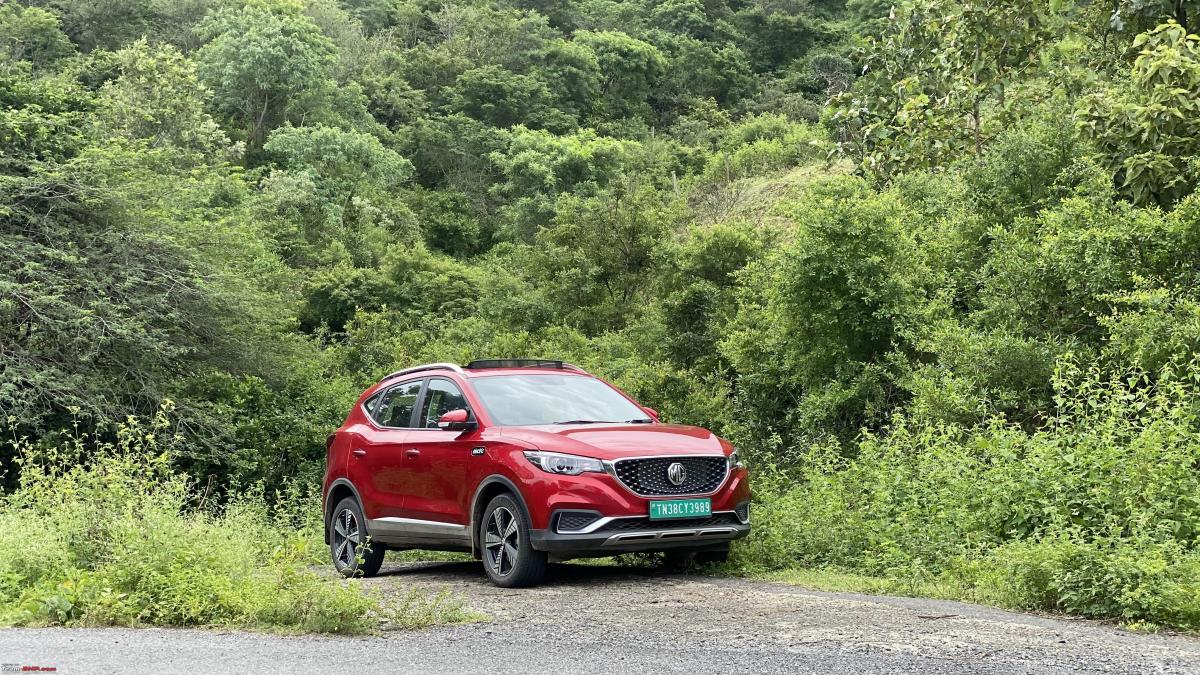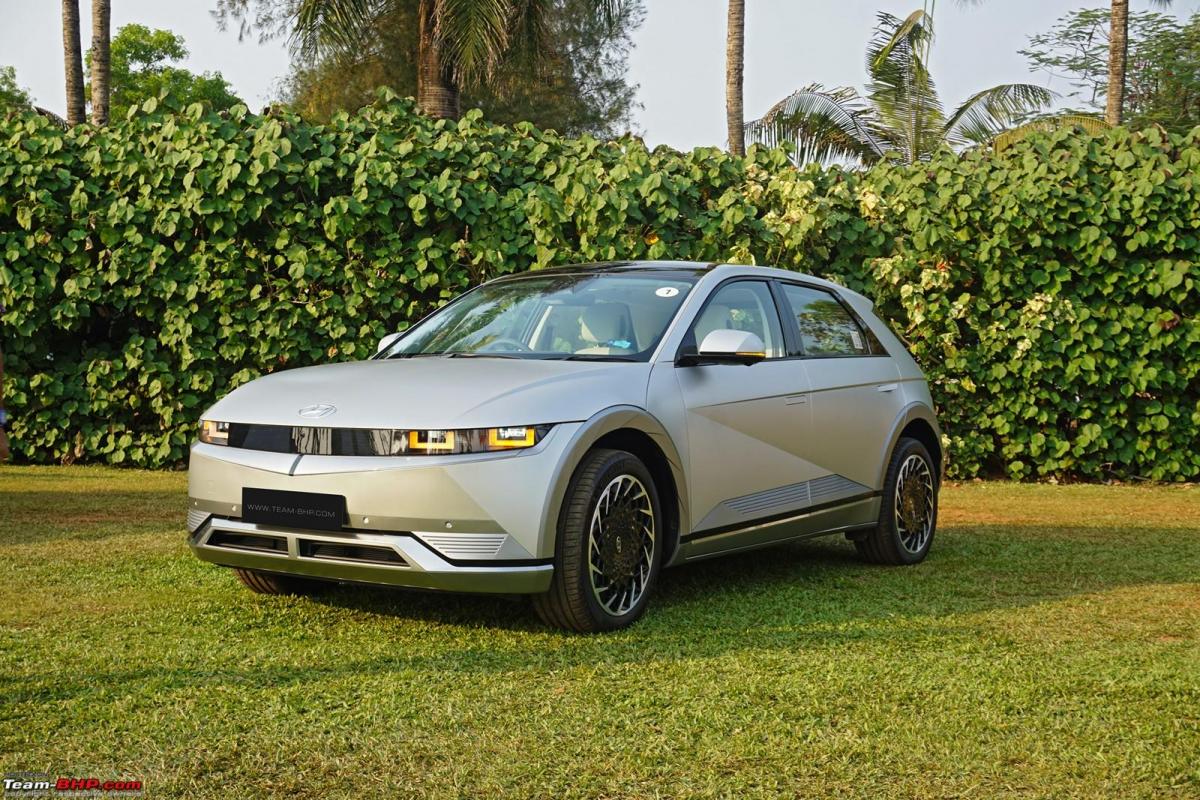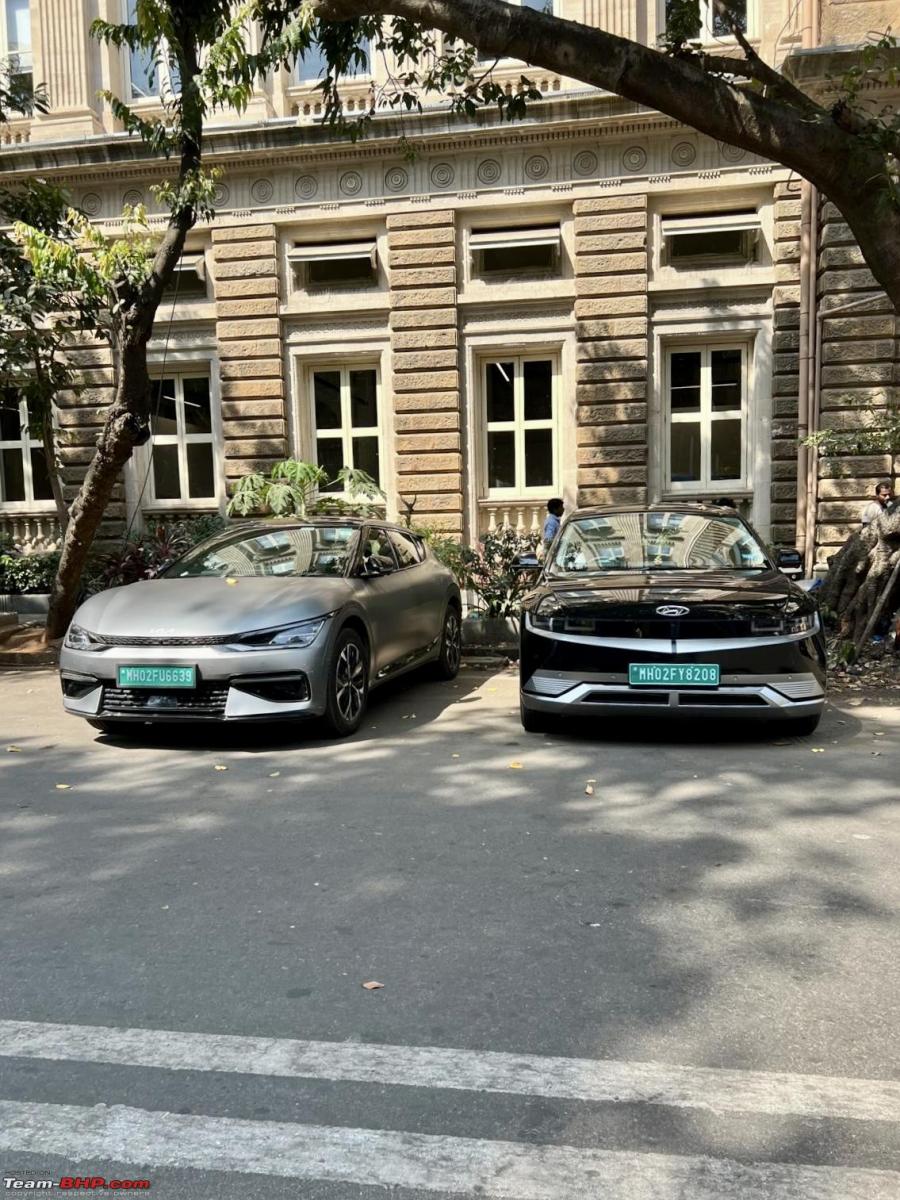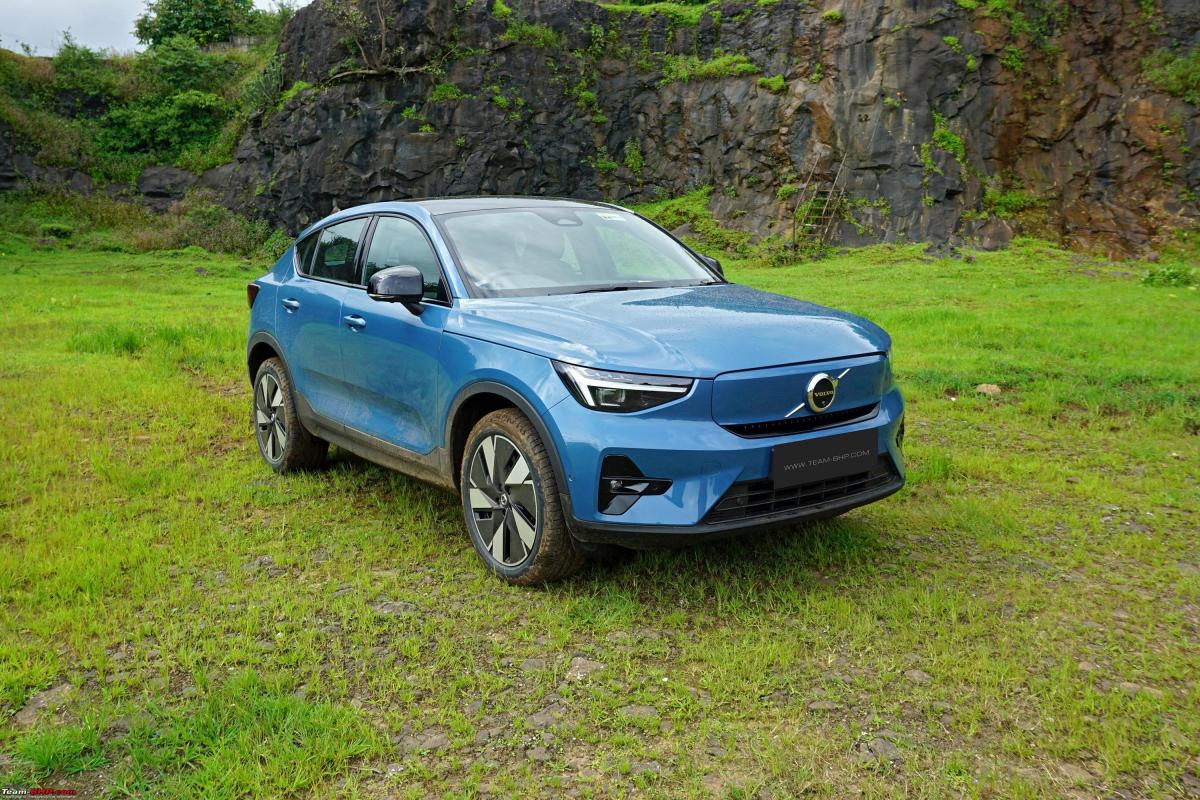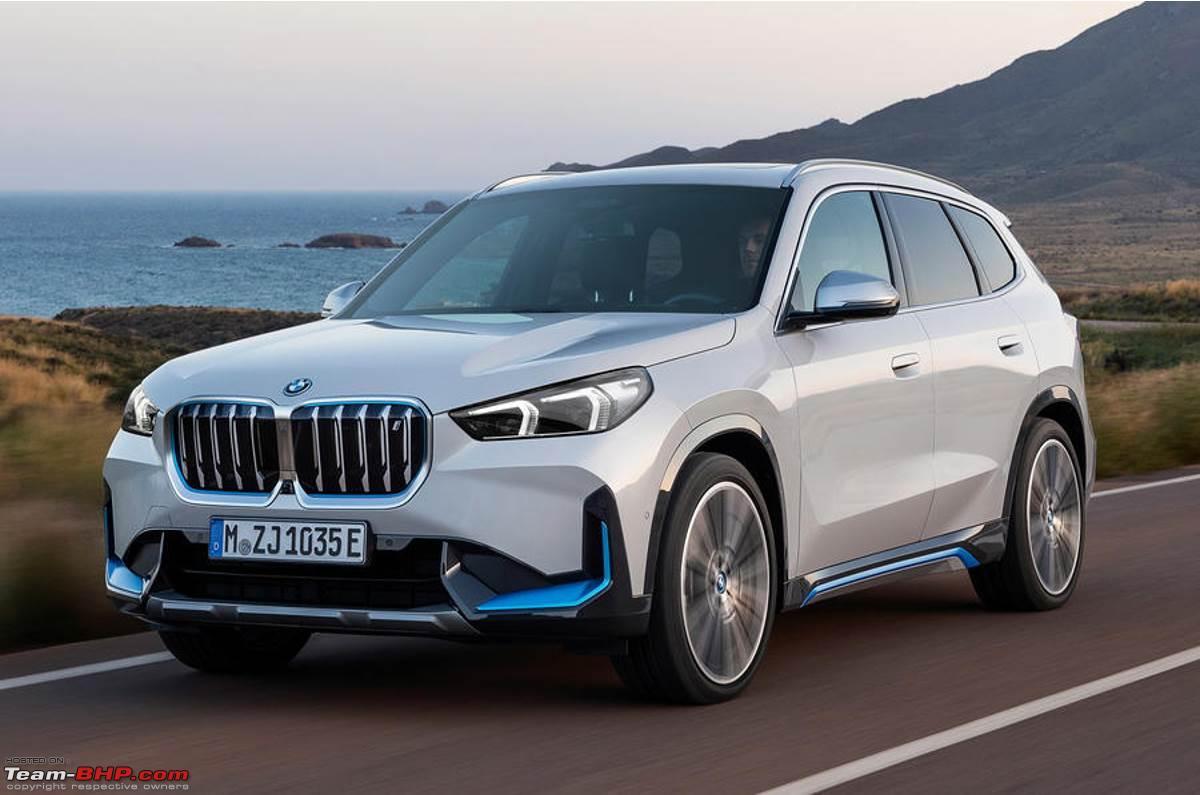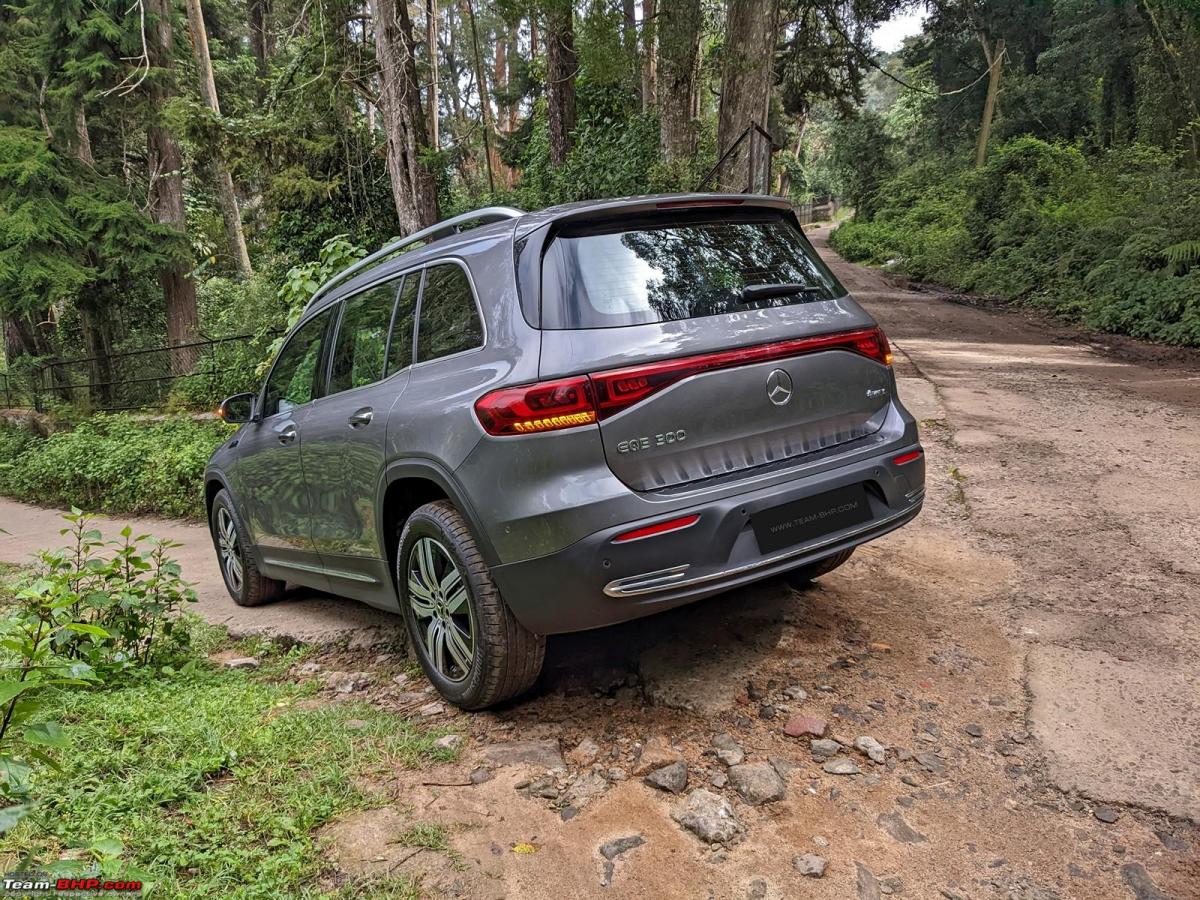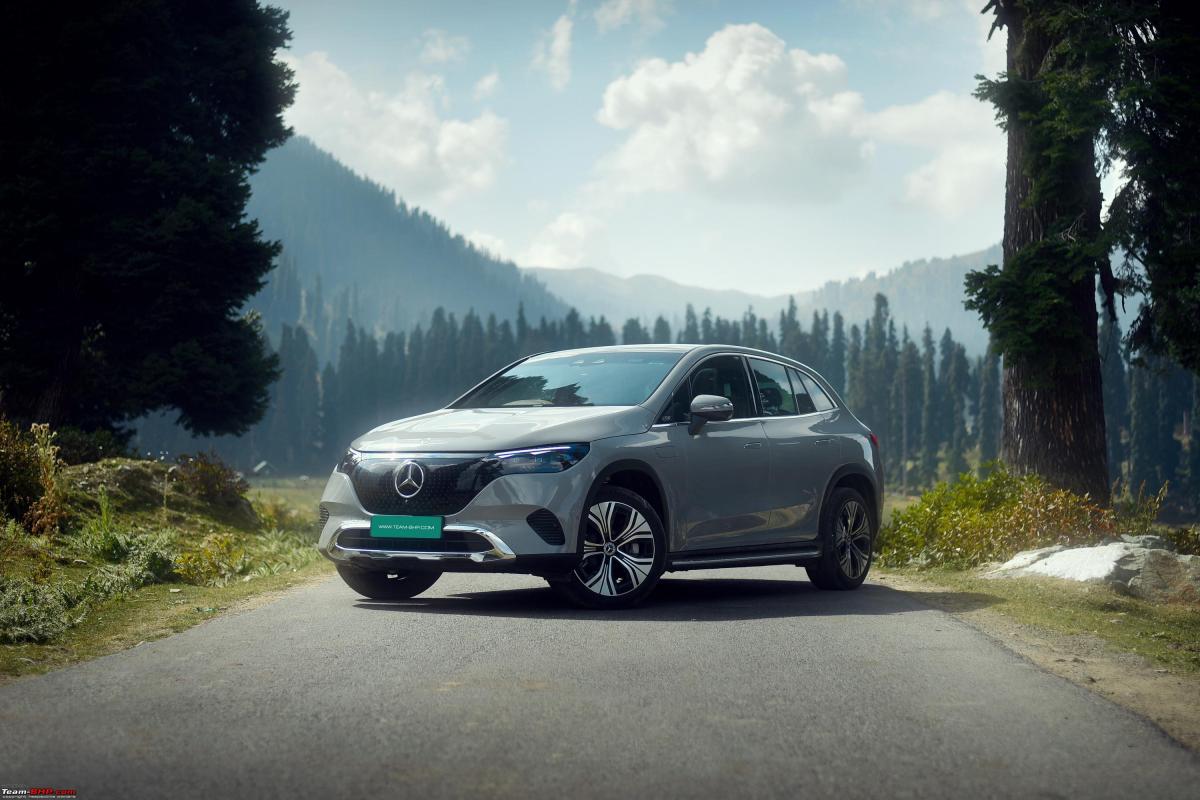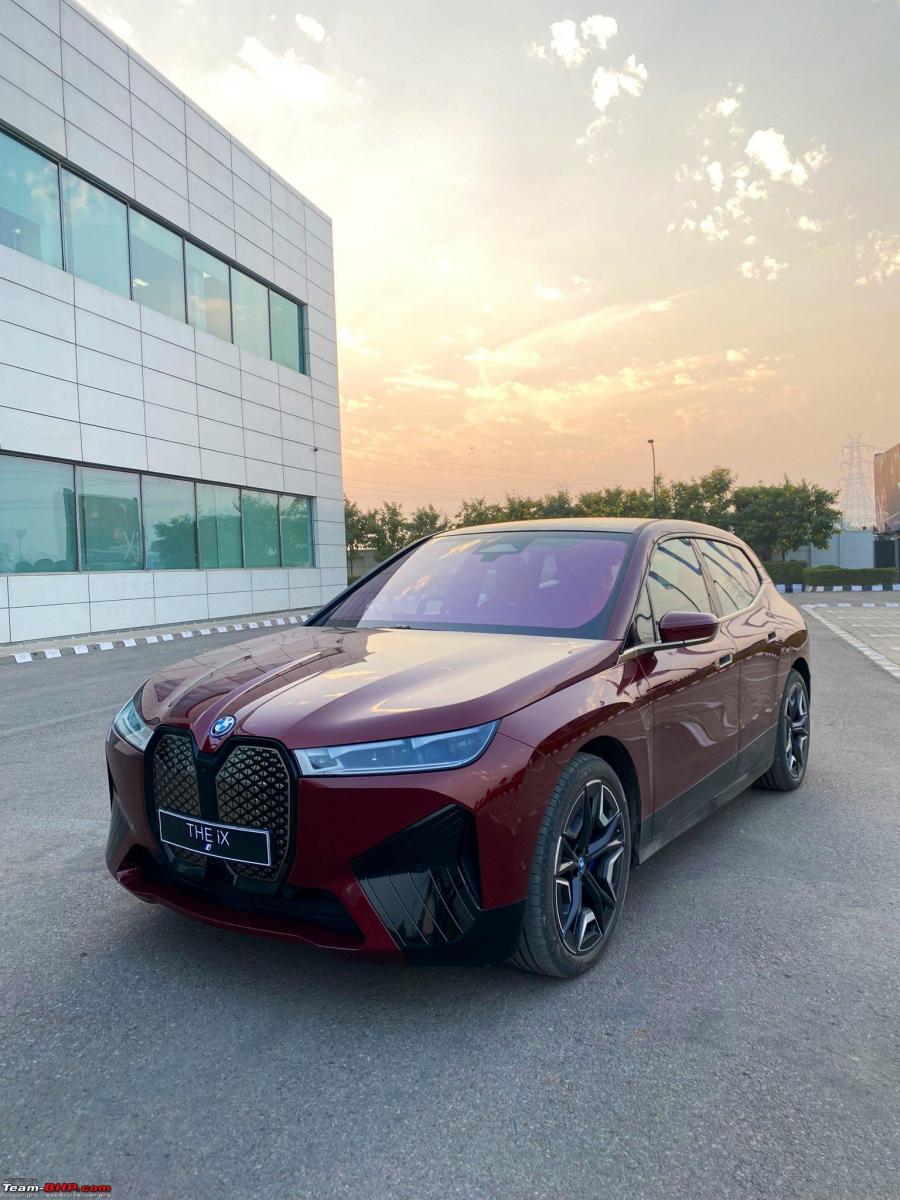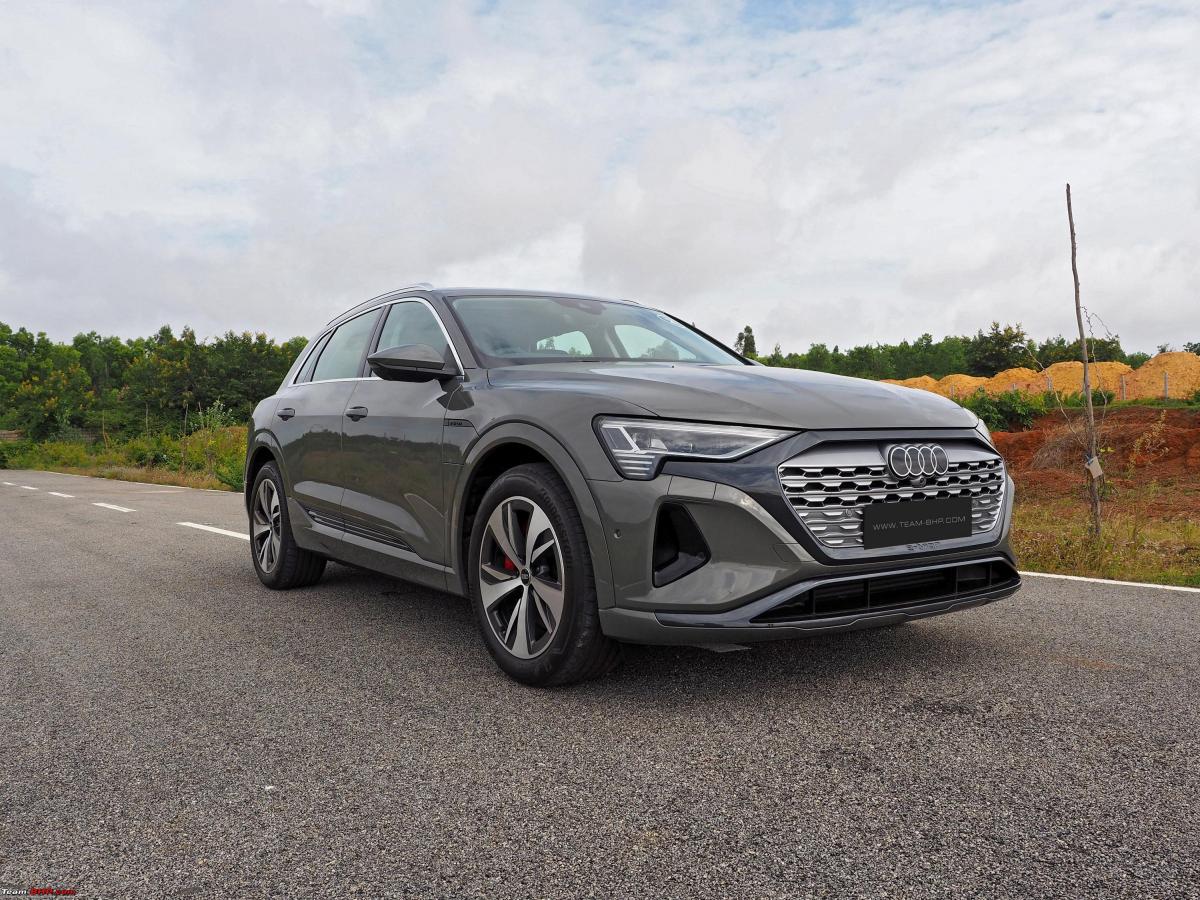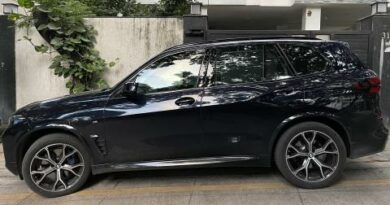MG ZS EV owner test drives & compares all EVs between 50L to 1 crore
Kia EV6 AWD is the runner-up for those who want an IONIQ 5 but with blistering performance, albeit at a hefty 20L premium.
BHPian Kevinrevvz recently shared this with other enthusiasts.
I have been one of the early adopters of EVs in India with the first generation MG ZS EV and I have been truly taken aback by the rapid and exponential growth of EV technology, infrastructure and sales in India in the last couple of years. I had the pleasure of driving a Hyundai IONIQ 5 recently and I was shocked that Hyundai could offer such a high-end car at a great price point. Then I checked out the Kia EV6 AWD and was shocked by the sub 5s 0-100 but an otherwise identical cousin to the IONIQ 5. This slowly led me to drive pretty much every single EV available in the market to study the state of the EV market in our country. The luxury segment has seen significantly more buzz than the budget ones with every car improving by leaps and bounds from the previous offering from their respective marques. However, the Hyundai Kia cousins stood out which led me to compare it with 3 other similarly priced EVs and 3 more flagship EVs priced almost three times as much as the IONIQ 5.
Impressed with E-GMPs:
The Hyundai Kia Genesis E-GMP platform cars such as the IONIQ 5 and EV6 may seem expensive at first glance coming from the house of mainstream Korean cousins but they manage to provide a groundbreaking value for money quotient. The quality, packaging, space, performance, efficiency, range, refinement, comfort, technology and optimisation on offer are more akin to cars that cost three times as much, such as the Mercedes EQE, BMW iX and Audi Q8 ETron rather than the similarly priced competitors such as the Volvo XC40/C40 Recharge, Mercedes EQB and BMW iX1 which are based on an ICE platform and offer noticeably inferior packaging, space, efficiency and range in comparison.
Comparison to similarly priced competition
These vehicles offer a stellar package compared to the competition owning the ground-born electric platform, efficient motors and power optimisation as well as mostly in-house components. The Kia EV6 offers 4kWh more usable battery capacity, sporty modern styling, stiffer suspension and an AWD option whereas the IONIQ 5 offers Neo-Retro styling, comfort-oriented suspension and a RWD option only. The Kia EV6 is brought in as a CBU whereas the IONIQ 5 is a CKD resulting is a big price gap between otherwise identical cars.
- Value For Money Pricing: The CKD pricing especially for the IONIQ 5 at 48L significantly undercuts the competition. The EV6 at 68L is a niche sportier, faster CBU alternative at a hefty premium that still undercuts most of the competition.
- Smart Packaging: Thanks to the dedicated born electric E-GMP platform, the wheels are pushed out to the corners resulting in a 3000mm wheelbase and a lavishly spacious cabin previously unseen in cars of this external dimension. The IONIQ 5 further utilises the space on offer with soft and comfortable electric heated and cooled front seats with ottomans and a zero gravity relax mode plus electric sliding and reclining heated rear seats.
- Fantastic build and material quality: Everything feels as solidly put together as the Germans and the interiors are very well-damped and draped with soft-touch elements and leather surfaces apart from the scratchy plastics towards the bottom of the cabin.
- Good Powertrain: The IONIQ 5 RWD offers a 70kWh usable battery pack with 215hp and 350Nm that briskly takes it from 0-100 in 7s whereas the Kia EV6 AWD offers a 74kWh usable battery pack with 320hp and 605Nm rocketing it to 100Kmph in just 4.8s.
- Brilliant Efficiency: Despite the good performance numbers, the RWD and AWD powertrains offer fantastic efficiency numbers where both cars offer more than 400 km real-world range on the highway and more than 500 km real-world range in the city. With just a 70kWh pack, they attain similar range figures to the flagship EVs that require a 90-110kWh pack to achieve the same. This significantly reduces energy consumption, charging times and costs to drive the same distance.
- Best in class charging speeds: These are the most affordable EVs in the world to offer an 800V architecture with the immediate step up being the Porsche Taycan and Audi E-Tron GT. This not only improves thermal and energy efficiency, it also results in an insane 230kW peak charging speed that could charge it from 10-80 in just 18 minutes at a compatible charger (250-350kW DC), the likes of which have finally started to pop up in India from ChargeZone and Tata Power.
- Great NVH: The lack of road and wind noise elevates the luxury quotient of these cars owing to the excellent damping, insulation and specialised Michelin Pilot Sport EV Tyres in the case of the IONIQ 5.
- Surprising Comfort: The IONIQ 5’s suspension glides over bad roads and potholes which makes it surprisingly indistinguishable from the air suspension in the Mercedes EQE500 despite the massive 20-inch wheels on offer. At high speeds and heavy cornering, however, it starts to float a bit but remains extremely composed. The low centre of gravity also ensures minimal body roll and increased confidence in high-speed cornering. The EV6 improves the handling further with a stiffer suspension setup and 19-inch wheels to compensate for the low-speed ride.
- Latest Technology: Both cars offer the latest and greatest in technology with everything from Level 2 ADAS, connected tech and intelligent battery, power and charging management systems indicative of well thought out and designed EVs
Volvo C40 Recharge Twin (65L)
Pros:
- Better acceleration than IONIQ 5 RWD (4.7s vs 7s 0-100)
- Google Based Infotainment System
- Cheaper than EV6 AWD
Cons:
- Inferior Efficiency (Km/kWh) and Range (400Km vs 420Km @100kmph)
- Inferior Ride Quality
- Poor packaging and less space
- More expensive than IONIQ 5 RWD
Similar:
- Acceleration compared to EV6 AWD (4.7s vs 4.8s 0-100)
- Build and Material Quality
BMW iX1 xDrive30 (69L)
Pros:
- Better acceleration than IONIQ 5 RWD (5.7s vs 7s 0-100)
Cons:
- Inferior acceleration to EV6 AWD (5.7s vs 4.8s 0-100)
- Poor Efficiency (Km/kWh) and Range (350Km vs 420Km @100kmph)
- Inferior Ride Quality
- Poor packaging and less space
- More expensive than the IONIQ 5 RWD
Similar:
- Build and Material Quality
- Pricing compared to EV6 AWD
Mercedes Benz EQB300 4M (77L)
Pros:
- 5+2 Seater
Cons:
- Inferior acceleration to IONIQ 5 RWD and EV6 AWD (8s vs 7s vs 4.8s 0-100)
- Poor Efficiency (Km/kWh) and Range (350Km vs 420Km @100kmph)
- Inferior Ride Quality
- Poor packaging and less space
- Few Cheap Interior Plastics
- More Expensive than IONIQ 5 RWD and EV6 AWD
Comparison to higher priced competition:
Mercedes Benz EQE500 4M (1.46CR)
Pros:
- Better acceleration than IONIQ 5 RWD (4.8s vs 7s 0-100)
- Better Range (480Km vs 420Km @100kmph)
- Hyperscreen Infotainment System
- Interior Material Quality
Cons:
- Inferior Efficiency (Km/kWh)
- More Expensive
Similar:
- Acceleration compared to EV6 AWD (4.8s vs 4.8s 0-100)
- Packaging and Space
- Ride Quality
BMW iX xDrive40 (1.3CR)
Pros:
- Better acceleration than RWD (6.1s vs 7s 0-100)
- Modern Interior design
- Interior Material Quality
Cons:
- Inferior acceleration to AWD (6.1s vs 4.8s 0-100)
- Inferior Efficiency (Km/kWh) and Range (380Km vs 420Km @100kmph)
- More Expensive
Similar:
- Packaging and Space
- Ride Quality
Audi Q8 Sportback ETron 55 (1.35CR)
Pros:
- Better acceleration than IONIQ 5 RWD (5.6s vs 7s 0-100)
- Better Range (450Km vs 420Km @100kmph)
- Interior Material Quality
- More Mature Ride Quality
Cons:
- Inferior acceleration to EV6 AWD (5.6s vs 4.8s 0-100)
- Inferior Efficiency (Km/kWh)
- Poor packaging and less space
- More Expensive
Summary
The E-GMP cars such as the Hyundai IONIQ 5 RWD and Kia EV6 AWD completely eviscerate the slightly more expensive Swedish and German competition in almost all aspects turning out as undefeated champions. The Hyundai IONIQ 5 at 48L is an obvious choice over cars like the C40, EQB and iX1 priced between 65-77L as it offers tremendously better value while not losing out on any aspect but the acceleration when compared to the C40 and iX1.
If you have an itch for performance, the Kia EV6 AWD with its 4.8s 0-100 at 68L not only eviscerates the similarly priced competition such as the C40, EQB and iX1, but it also manages to surpass the flagship EVs in the country such as the EQE, Q8 ETron and iX which are several times more expensive, priced between 1.3-1.5CR.
The flagship EVs however manage to offer the intangibles and wow factor one expects at that price point such as unique styling, quirky interiors and modern tech yet they do not offer much more than the E-GMP cousins in terms of pure utility and usability.
Hence the Hyundai IONIQ 5 AWD turns out as the best EV in the country offering an insane package and value at 48L with the Kia EV6 AWD acting as a runner-up for those who want an IONIQ 5 but with blistering performance, albeit at a hefty 20L premium just for the added acceleration.
Note- A real-world range test was done for each car by calculating the efficiency at continuous cruise control at 100 kmph and multiplying the figure by the usable battery capacity. Real-world 0-100 acceleration figures were obtained by GPS tests done by individual media houses. The pricing mentioned are the On-Road figures including insurance and TCS for states with 0% EV Road Tax. The pictures used for reference are from TeamBHP reviews of the respective cars as I was not able to capture all cars individually. Cheers!
Check out BHPian comments for more insights and information.
Source: Read Full Article
